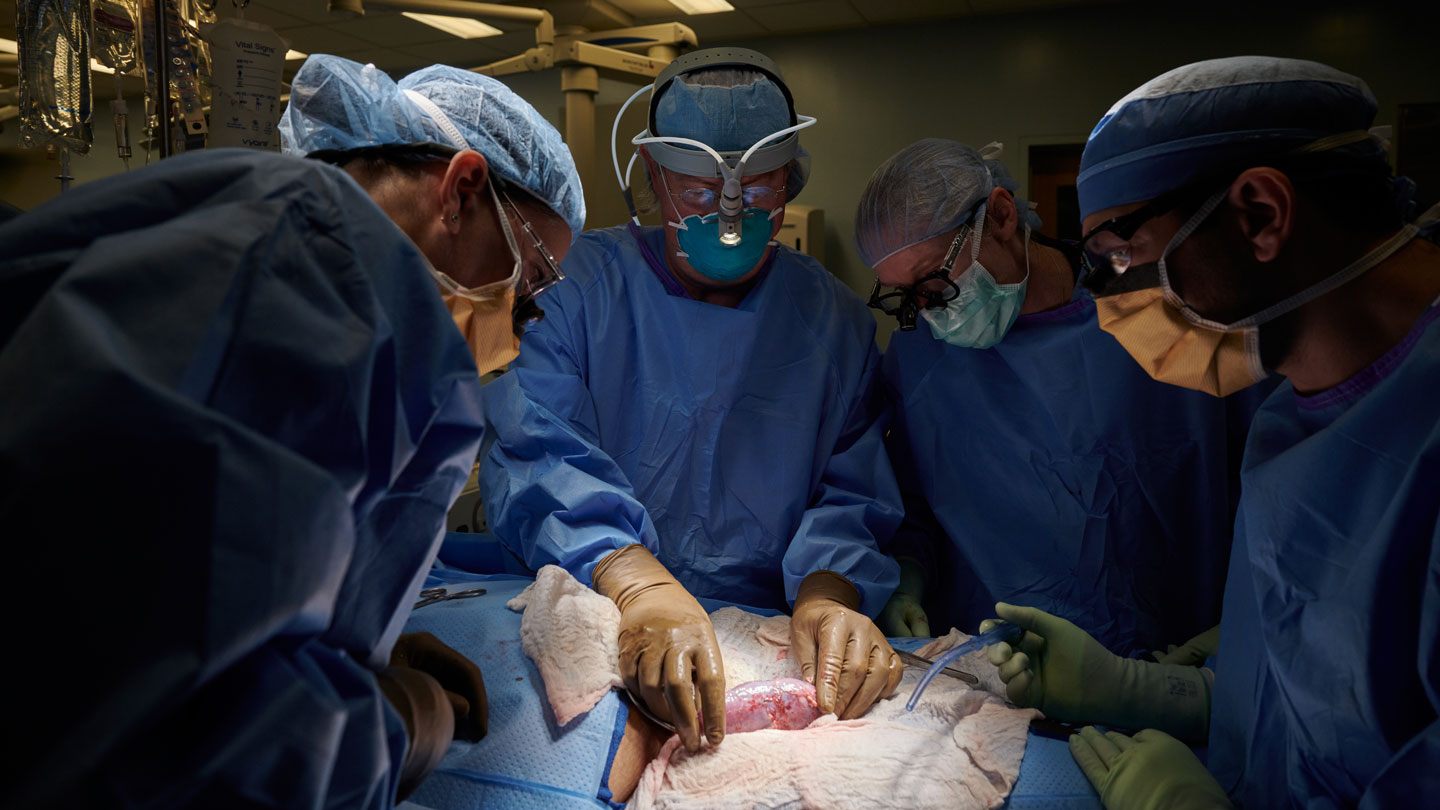Is Gatorade bad for your kidneys? Truth of Sports...
Added by Neal Mathews<p>Many individuals enjoy sipping Gatorade drinks to stay hydrated and energized...

For many patients, a kidney transplant surgery can do wonders for health conditions and can be considered as getting one more chance in life. Kidney transplant holds many benefits for health problems like leading an active lifestyle. Additionally, it comes with the most important advantage of the increased quality of life and span.
Our detailed discussion over the maximum life span after a kidney transplant can solve all the doubts and will help to make a better decision about four hours for transplant team.
Some individuals with kidney failure may need a kidney transplant. It is surgery to replace an unhealthy or no longer functioning kidney from a donor’s healthy kidney. The donated kidney may come from a living donor or deceased donors, former donor age a deceased family member or others whose kidney matches the patient.
A kidney transplantation is just a procedure to increase the life span of new kidney in the patient; it is not a cure. The patient needs to follow certain guidelines and take some precautions to make sure the body accepts the new kidney. Moreover, after the kidney transplant, most patients will need to visit the surgeon regularly for check-ups blood tests.
On average, a patient can live up to 15-20 years after a kidney transplant from a living donor, whereas in a kidney transplant from a deceased donor, the patient can live up to a life expectancy of 10-12 years.
It is important to note that many factors are responsible for organ donation and determining the life span better quality of the patient. Like the age, overall health, and medical issues of the donor. The kidney transplant surgeon will be able to give the family members right information.
Patients who opt for kidney transplants are likely to survive longer as compared to those who prefer dialysis. Patients who go for kidney transplants before starting dialysis are likely to stay healthy and to live a better quality of life for 15-20 years longer than kidney patients, who go for kidney transplants after dialysis.
Talking about the average lifespan how many kidney transplants, it is 15 to 20 years. If the donated kidney stops working or the transplanted kidney graft is not accepted by the body then the patient can opt for a kidney transplantation again for the second or even for the third time. With the increased number of kidney transplants, the problem comes along because it is very hard to find a suitable match for the patient’s kidney. It is important to take care of the transplanted kidney to increase the life span.
Furthermore, life expectancy after a kidney transplant depends on several factors. Some of the factors include the age of the donor, the type of kidneys fail the donor, the overall health of the condition, higher risk of transplant rejection, and the preservation time of the kidney.
On average, kidney transplantation patients require 6-8 weeks to recover fully. This period differs from patient to patient according to their overall health and other factors. Many individuals lead a healthy and fulfilling life after a kidney transplant. The kidney transplant success rate is very high which means that out of 10 patients, 9 will lead a happy life.
However, during recovery process after the kidney transplant, the patient has to follow certain guidelines and make dietary modifications. It is crucial to follow all the instructions as given by care team and your surgeon. Here are some general precautions
When it comes to dietary guidelines. Here are some general guidelines to follow :
If a patient is suffering from chronic kidney disease (CKD) or end-stage renal kidney failure, then a kidney transplant can give a new life to living person. Before taking this life-changing decision at transplant clinic it is very important to discuss every point with the surgeon. Post-surgery a patient needs to follow certain strict guidelines to increase the life span after the kidney transplant surgery takes off.